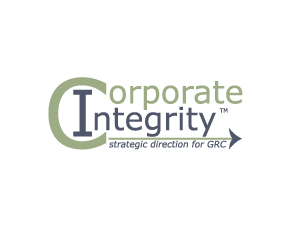Most organizations fail to manage the lifecycle of policy, resulting in policies that are out-of-date, ineffective, and not aligned to business needs. It opens the doors of liability, as an organization may be held accountable for policy in place that is not appropriate or properly enforced. Organizations require a consistent process to develop, communicate, monitor, and maintain corporate policy and procedures. This requires collaboration across business roles with clear accountability throughout the process.
Collaborative Accountability Policy Lifecycle Management is the process of managing and maintaining policies throughout their effective use within the organization. It involves defined stages of monitoring business change for policy development, communication, and maintenance.
Implementation of the Collaborative Accountability Policy Lifecycle Management requires a technology architecture that is rich in content management, workflow management, process management, task management, notifications, and has a robust accountability audit trail. The lifecycle is defined in five primary stages: Environment Change, Policy Development, Policy Communication, Policy Management, and Policy Maintenance (see Figure 1, below).













